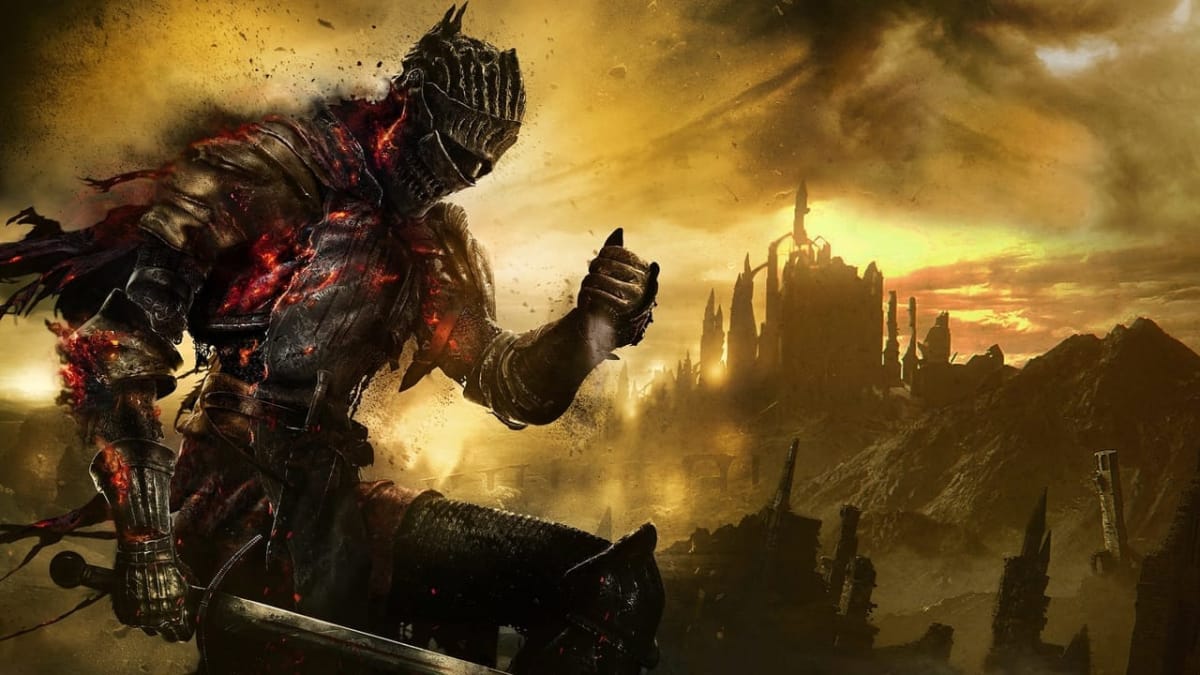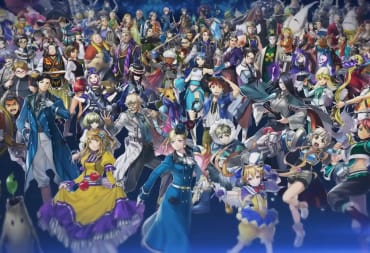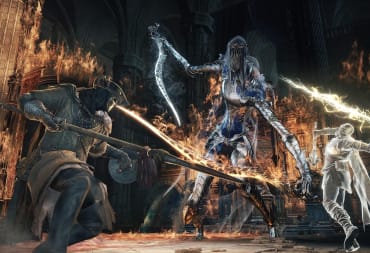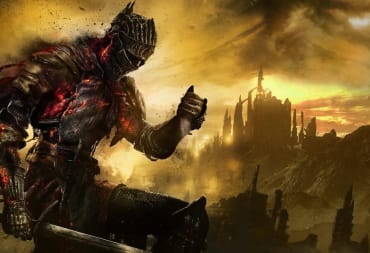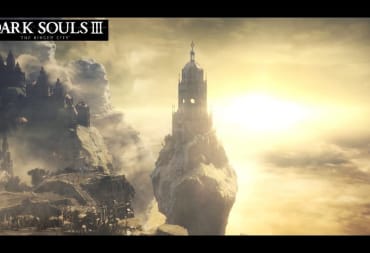One of the most unique and defining aspects of games is that you can almost guarantee that no two people will ever have the same exact experience playing the same game. Everyone plays through games in their own way, ultimately playing a large part in shaping our perception of a game, hence why it's quite literally impossible to create a game that pleases everyone. The fact that almost every game with a singleplayer campaign gives you some way to adjust the difficulty is proof of this, as one person's normal difficulty may prove to be another person's nightmare, and vice versa. Recently however, there has been a bit of a push-back of sorts against how games have traditionally tackled difficulty; in addition to the usual easy, normal, and hard difficulty settings, some games have introduced a sort of a "no challenge at all" mode which, in some extreme cases, effectively removes enemies from the game altogether. Assassin's Creed: Origins for example, has a Discovery Tour mode, giving you the opportunity to explore ancient Egypt without the fear of getting stabbed to death by guards.
In all fairness, it can be really annoying to try to admire the traditionally beautiful open world sandboxes of Assassin's Creed games without some random guard on a rooftop trying to kill you, so the addition of Discovery Tour mode does make some degree of sense in that context. People will undoubtedly complain about the addition of such a mode, but at least there is a conceivable target audience for Discovery Tour. On the other end of the spectrum though, some people go a bit beyond praising Discovery Tour as a nice, if a bit niche, feature and are apparently asking for the inclusion of a super-easy mode for, as far as can be told, every game. That's right, people actually want a button that lets you skip entire portions of a game because they might be too difficult. Once again, if we are to be fair, some games do have unreasonably difficult and potentially poorly designed mandatory boss fights or encounters (for the Dark Souls series, that's practically a selling point!), but to basically have an instant "I win" button seems to be an extremely unreasonable and short sighted request that would ultimately be to no one's benefit, not even to those who are very vocal in expressing their desire of such an odd feature.
At the most primitive level, enemies in games serve a purpose: they are an obstacle for the protagonist to overcome. For story-driven games like the Mass Effect series (which, coincidentally, also had its own "narrative" difficulty setting, but it basically only modified how damage was calculated), enemies and combat are as much a part of the story as the politics that govern the Citadel and all the other species in the universe. Without the Reapers and the Geth and all the other things that you have to shoot on your way to the ending, Mass Effect may as well be a story about how Shepard pressed a couple of buttons and saved the galaxy by picking their favorite color. Shepard, and by extension, the player, must experience what it is like to fight against swarms of Husks and giant Brutes to get a sense of how dangerous they are. After all, you're Shepard, the deadliest human in the galaxy who is almost single-handedly fighting a galaxy-wide extinction level event, not Todd, who is trying to pick up some space milk from the space supermarket before it closes.
When done correctly, the difficulty of a game's enemies can also be used as a means to set a game's atmosphere, much like how friendly or neutral NPCs can be used to flavor a certain area and give it a feeling of life. The Glowing Sea in Fallout 4 for example is home to some of the most rare and dangerous creatures in the game, all concentrated into an area of the map that is only a little bit smaller than the size of downtown Boston. There is no other place in the game that has a more hostile and eerie feeling, which is something that would be impossible to convey had the location been filled with easier enemies, such as Raiders or Super Mutants. Blighttown in Dark Souls, the Library in Halo: CE, the Vault of Glass in Destiny—these are locations where the enemies are unquestionably far more difficult than the ones that you may find in other parts of their respective games, but they are all the more memorable for it, partially because the increased difficulty helped set the mood.
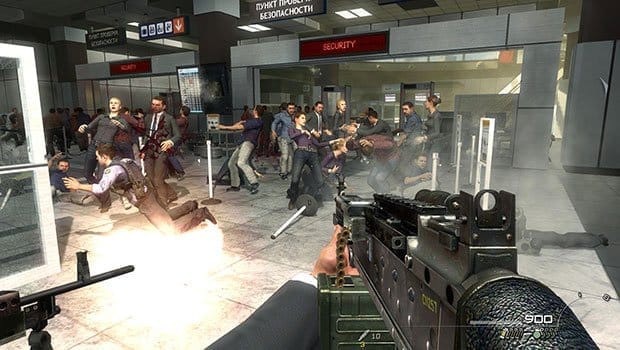
Of course, you have every right to skip difficult encounters if you want to avoid a challenge, much like how you have every right to skip parts of a book or movie, but would you really get the same experience if you were to skip the unpleasant parts of The Lord of the Rings or Romeo and Juliet? For a story to be considered worth telling, protagonists must face some kind of hardship, some kind of adversity, some kind of struggle, regardless of whether it's the Covenant in Halo or the White Walkers in Game of Thrones, and in games, you are effectively the protagonist.
In a more practical sense, enemies are a part of a game's content. They are the thing that you interact with the most, and if they don't respond, or you skip them, or whatever the case may be, then you are basically removing content from your own game. Cuphead took this idea quite literally with its own "simple mode," removing entire stages of boss encounters for the sake of making the game easier, and as it turns out, people don't like it when content is locked behind difficulty settings. It's one thing to want an "I win" button since it only affects the person who presses it, it's another issue entirely to complain about how the "I win" button functions.
Sure, games such as Cuphead and Dark Souls may not be all that accessible because of their difficulty, but that is the vision of the developer, and if the developer feels like the best way to preserve the spirit of their game is to cut content for the sake of accessibility, then that is entirely their right. A similar scenario would be if Steven Spielberg capitulated to demands to make Schindler's List less sad by creating a heavily censored version of the movie that was mostly dialogue, and then people complained that they are getting less movie time than the people who opted for the normal version. This is the vision that the developers have for a game, and if they don't want to dilute their vision with an easy mode that opens the game up for everyone, even if it were to take 10 minutes to code in such a feature, then you may as well go on YouTube to find a walkthrough or somesuch if you don't like it.

Some even have the audacity to suggest that their advocating for a universal super-easy mode is for the benefit of those who are at the very bottom of the skill ladder and accessibility, and not for their own personal reasons. Such selfless thinking is almost admirable, if it weren't for the fact that games have never been as easy as they have been now. Remember Halo 2 on Legendary? Remember the Mile High Club Achievement for Call of Duty 4 or Veteran difficulty on World of War and its infamous grenade spam feature? These were legitimately soul-crushing, controller-smashing, wall-punchingly difficult experiences, and these decade old games didn't exactly revolve around boss fights.
Nowadays you get literal participation trophies in multiplayer games for grazing enemies and access to millions upon millions of online guides to hold your hand through every game in existence, which isn't necessarily a bad thing per se, but to pretend as though games aren't trending toward the more easy side is almost willful ignorance. People praised Dark Souls because it offered an experience that wasn't for everyone; you will die, and you will either learn to live with dying a lot or you better return the game. It is easy to dismiss such thinking as the height of hubris and "skill shaming," but would anyone enjoy a game that is so easy that it defeats the purpose of playing the game? Do people on the higher end of the skill spectrum not also deserve to play games that challenge them, if that's what they want?
It's not as if developers don't keep accessibility in mind when creating a game either. As mentioned before, Cuphead offers a simplified version of the base game, Dark Souls lets you summon other human players or some reasonably competent AI allies for boss fights, and competitive multiplayer games like Overwatch are starting to feature more and more characters or mechanics that don't require you to be a god at aiming to be effective. Many modern games also feature more than three difficulty settings so that you can more accurately determine what kind of difficulty level matches your skill level, while some games, such as Dishonored 2, occasionally give you a chance to create your own custom difficulty setting. Simply put, arguing for "I win" buttons so that everyone can play any game is just as idiotic a notion as making games so skill intensive that no one but the best can play them because developers have already found middle grounds between catering to those who barely know how to move their character and those who can speedrun any game on the highest difficulty. Accessibility is not a major problem of modern games, otherwise the term "casual" and "casual markets and audiences" wouldn't exist to begin with.
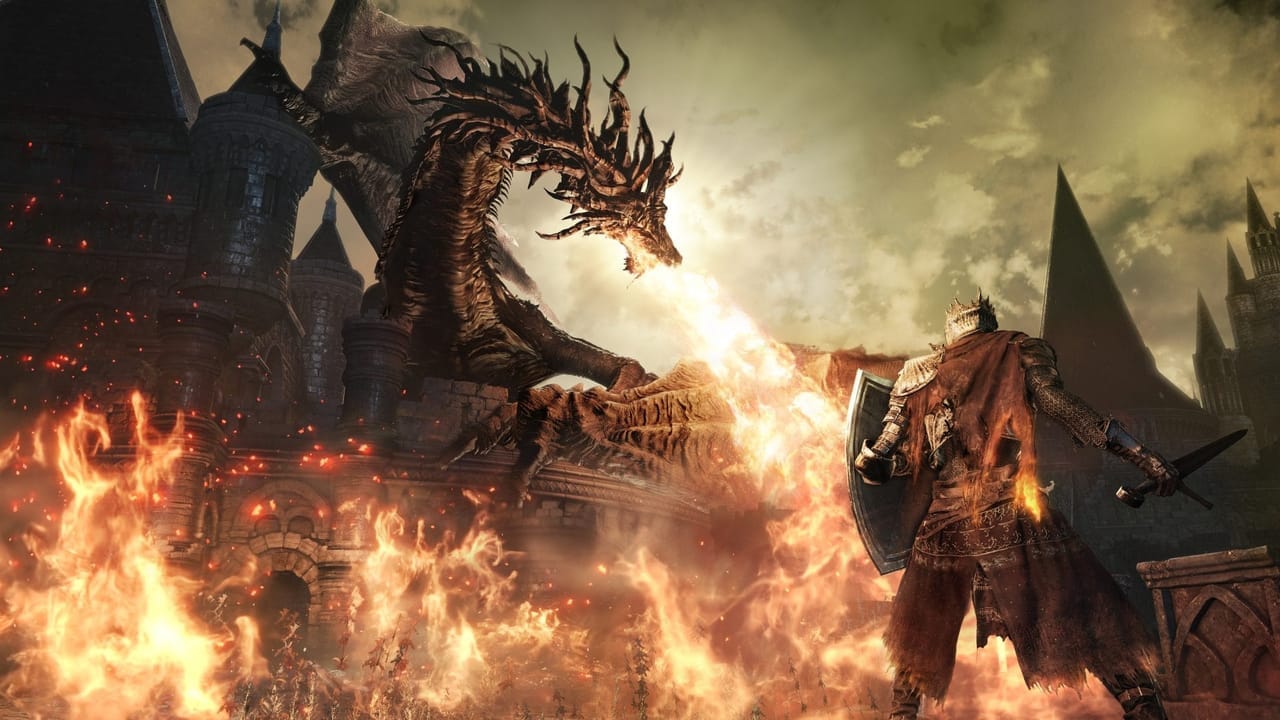
In some ways, comparisons can be made between "I win" difficulty modes and fast travel systems in games like Skyrim: in both scenarios, you are skipping something to reach another part of the game faster. After all, if you decided to fast travel across the map in Skyrim, are you not also potentially skipping dragon encounters and whatnot? There is a rather large distinction between the two though in that while you are skipping encounters while fast traveling, it is moreso because you didn't run into these encounters to begin with, which is a possibility even if you were to remove fast traveling from every game, rather than because you thought the encounter was difficult and you didn't want to play it through.
Skyrim certainly doesn't let you fast travel while you are in the middle of combat, and neither does any other game in recent memory. At the end of the day, you still have to fight Alduin to advance the plot, whereas fighting a random bandit does little to change your overall experience of the game. The former is part of the developer's vision of what they want the average player experience to be like (hence why the Alduin fight takes place in a unique area with its own unique soundtrack), while running into yet another snooty Thalmor patrol isn't going to affect how you perceive the game. The same can be said of Dark Souls, which also has a fast travel system: you're skipping a bunch of generic enemies, but these are generic enemies that you had to have encountered at least once before, and being able to skip an area filled with drastically underleveled trash means less to the plot, the developers' vision, and the player experience than being able to skip a boss fight that someone spent so much time on to deliver a cinematic and unique experience.
Once again, it is entirely your right to enjoy games however you like, but having difficult segments in games is as much a part of a game (and gaming as a whole) as the plot itself. If anything, being able to create a genuinely difficult encounter in a game is a testament to a developer's skill, as it is hardly much of a challenge to make enemies damage sponges. To ask for the ability to skip such segments is one thing, but demanding that developers implement a universal super-easy mode where no content is cut and bashing the difficulty of games under the guise of accessibility is not just a disservice to those who want to play games to experience new and exciting things, but it also seems a bit insulting and or disrespectful to the developers who worked to turn their vision into a reality. What is the point of this medium of entertainment if it's not to present at least some challenge to the audience? Why develop new games if not to push the boundaries of what we thought possible in games? Why would people buy and play games if they didn't implicitly want a challenge greater than what Pong or Tic Tac Toe or cup-and-ball gave them? We choose to make games like Dark Souls and Overwatch and Halo worthy of remembrance not because they are easy, but because they are hard; because we can't just steamroll everything and become masters of every game we touch, because it is the promise of a challenge and the interactivity of that challenge that we play to win.
Have a tip, or want to point out something we missed? Leave a Comment or e-mail us at tips@techraptor.net
